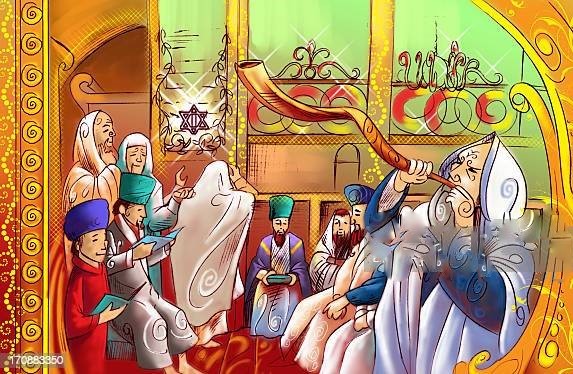📖 SATURDAY PRAYER: HOCHMA-YESHIVAT HAVERIM יְשִׁיבָה חברים – BABYLONIAN TALMUD p180

READING: BETWEEN MIDNIGHT AND DAWN OF SATURDAY
GEMARA: Said R. Elazar: “The difference of opinion exists only in the case of paring the
finger-nails by means of the nails, but if taken off with an instrument (all agree) that he is
culpable.” Is this not self-evident? Is it not plainly written in the Mishna, if he pares his fingernails,
one by means of the others? One might think that the difference of opinion is also
concerning an instrument, and the reason the Mishna does not mention an instrument is only to
show the firmness of R. Eliezer in prohibiting the paring of finger-nails even with one’s own
nails. He informs us that the difference of opinion is concerning the nails only. R. Elazar said
furthermore: “The difference of opinion is only concerning a man’s paring his own finger-nails,
but if he pared another’s all agree that he is not culpable. (The reason for this is because when
paring one’s own finger-nails a man can make them look as if trimmed with an instrument, but
when trimming another’s this is not possible.)” Is this not self-evident? Did not the Mishna say
plainly: “His own finger-nails”? Nay. One might think that according to the opinion of R.
Eliezer the trimming of another’s finger-nails also makes one culpable, but the Mishna, stating
plainly “his own finger-nails,” intends only to show the firmness of the rabbis in making not
culpable even those who pare their own nails; therefore he informs that such is not the case.
“Also one who plucks hair from his head,” etc. There is a Boraitha: “One who cuts off a
scissorsful of hair from his bead on the Sabbath is culpable.” How much is a scissorsful
supposed to be? Two hairs. R. Eliezer says: “One.” The rabbis agree with R. Eliezer that in case
one gray hair is plucked from a number of black hairs a man is culpable even for one, and not
only on Sabbath but even on week days it is also prohibited, as it is written [Deut. xxii. 5]: “And
a man shall not put on a woman’s garment.”
We have learned in a Boraitha, R. Simeon b. Elazar said: “If a finger-nail become separated
from the finger of its own accord, a man may remove the adhering part, providing the greater
part of the nail was separated. He may do this with his fingers, but not with an instrument. If he
did it, however, with an instrument,
he is not liable for a sin-offering. If the smaller part only was separated, he may not remove it. If
he did so, however, with his fingers, he is not culpable, but with an instrument he is. Said R.
Jehudah: “The Halakha prevails in accordance with R. Simeon b. Elazar.” Said Rabba b. b. Hana
in the name of R. Johanan “Provided the nail was bent upward and was troublesome.”